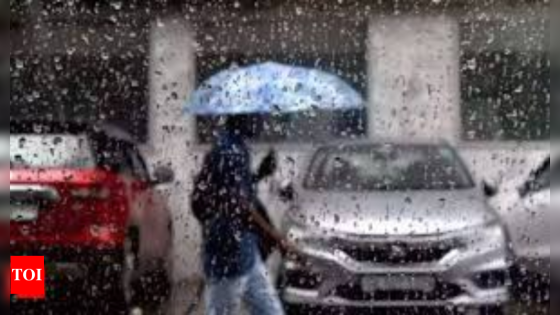This means, if Delhi or any other city wants to suppress rains during, say, I-Day celebrations, scientists would be able to do it through interventions. Similarly, rain/ hail can be suppressed in cities during floods.“We want to go for initial experimental artificial rain suppression and enhancement. Lab simulations will be done in the next 18 months, but we’ll definitely go for artificial weather modification in the five-year ti me scale,” said M Ravichandran, secretary, earth sciences ministry (MoES), on Thursday elaborating on Mission Mausam, which got the Cabinet’s nod a day earlier.
Asked if rains could be suppressed over Delhi on August 15 (Independence Day), Ravichandran responded: “We can think of it (through weather modification)”.
Under the Mission Mausam mandate, scientists will also work on incremental improvement of weather forecast systems in the country in terms of further raising forecast accuracy by 5-10%. Under the Mission, which aims to make India climate-smart and weather-ready by not letting any weather phenomena, including even cloud burst, remain undetected, India Meteorological Department (IMD) along with other scientific institutions of the MoES will also develop and launch ‘Mausam GPT‘, a chatGPT like application, that will help users to get quick weather-related information in both written and audio form in the next five years.
Suppression and enhancement of rain techniques are already being used through cloud seeding, using aircraft, in a limited way in the US, Canada, China, Russia and Australia among others. There have been cloud seeding projects, called overseeding, aimed at reducing hail in order to prevent damage to fruit orchards and grain fields in a couple of these countries.
“Cloud seeding and cloud modification is a complex process. We have done a lot of experiments with cloud seeding to enhance rain with limited success. But not much has been done on cloud suppression,” Madhavan Rajeevan, former MoES secretary, told TOI. He said though there is a scope in India for weather modification, its science is not well understood and technology is complex. “In my opinion, we should start doing research in weather modification and we need investments,” said Rajeevan.
Govt has initially approved Rs 2,000 crore over two years for the Mission Mausam to create a more robust forecasting system for dealing with the impacts of extreme weather events and climate change. Later, more funds will be earmarked for it.
India is already experimenting with artificial rain making techniques and have done some pilot projects in Maharashtra and elsewhere.
Source Agencies




